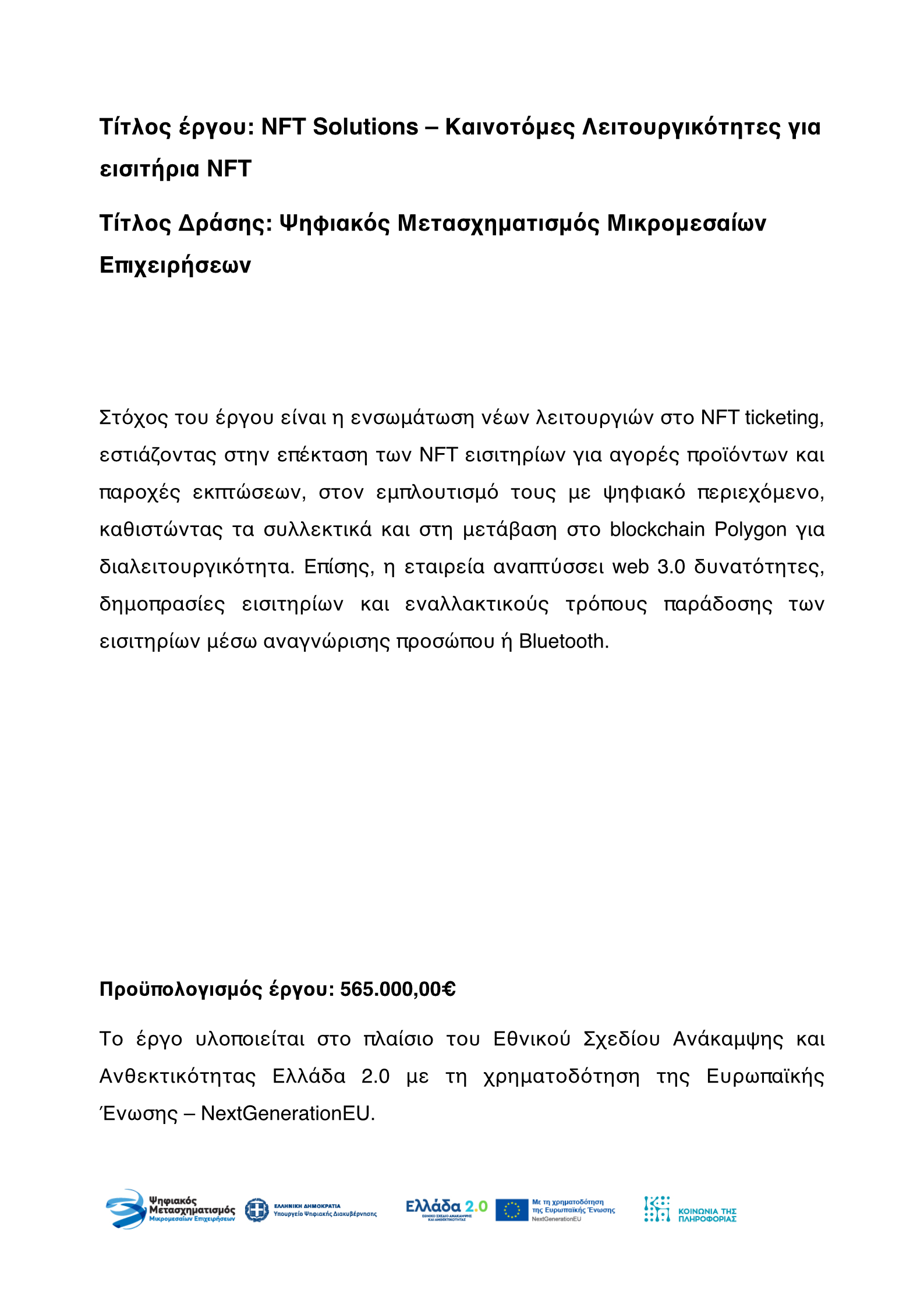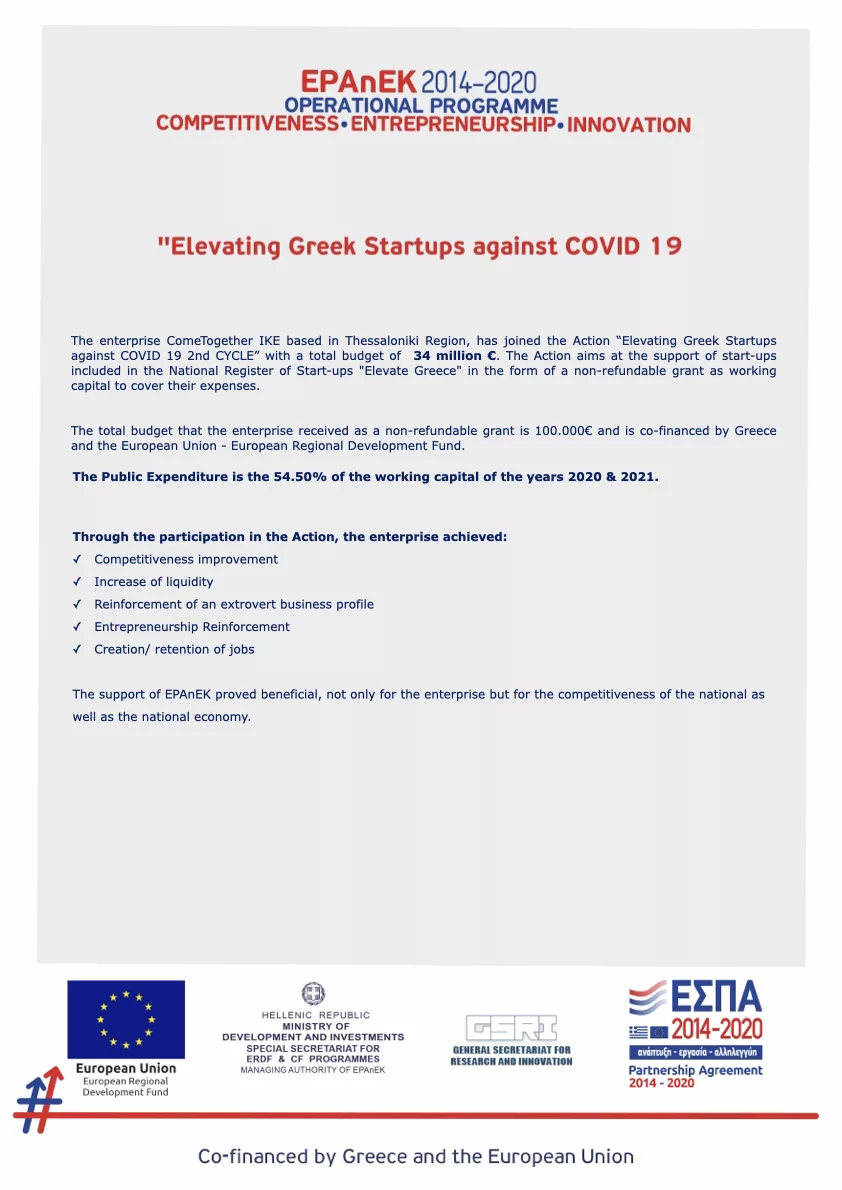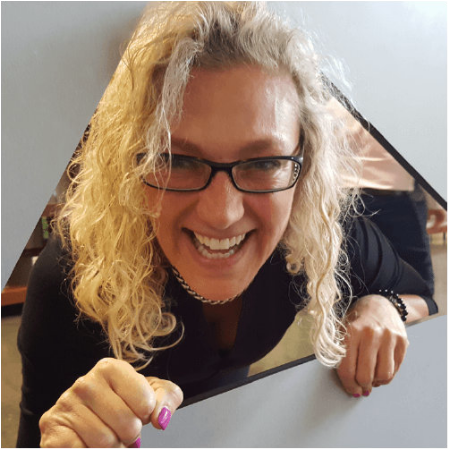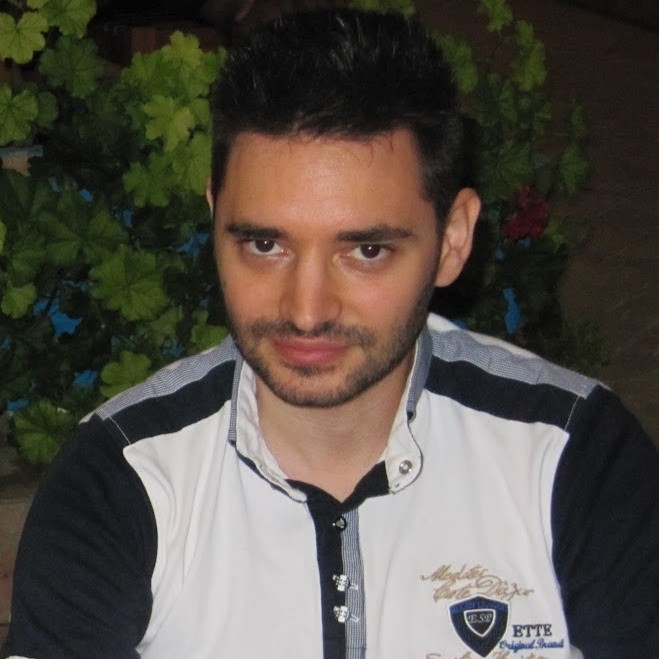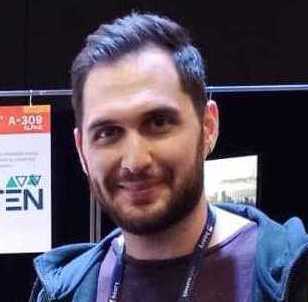In a saturated entertainment landscape, capturing the attention of music fans requires more than a large advertising budget. The most sustainable and impactful path to a sold-out event lies in organic marketing—a strategic approach focused on naturally attracting an audience through authenticity, value, and community. Unlike paid advertising, which “pushes” a message onto consumers, organic marketing “pulls” them in by building a brand that fans actively want to engage with. This playbook provides a condensed, actionable framework for event organizers to harness organic strategies, build a loyal following, and maximize attendance.
The Organic Growth Playbook: A Strategic Guide to Maximizing Music Event Attendance
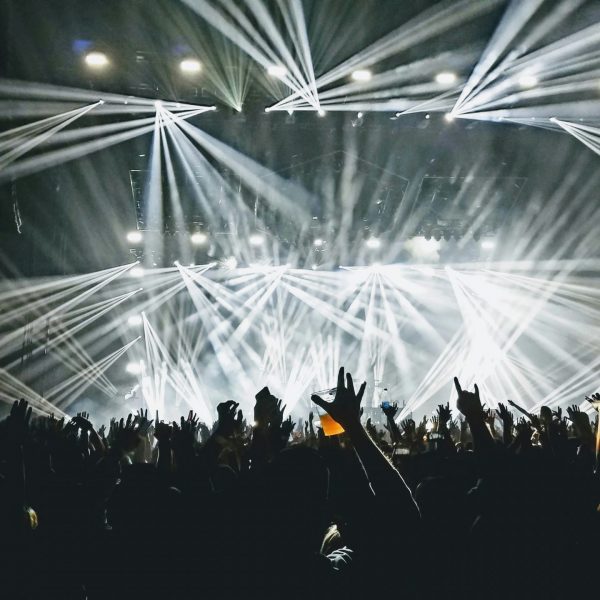
The Foundation: A Resonant Brand and Deep Audience Insight
Before the first social media post or email is sent, success hinges on a strong foundation. This begins with defining your event’s Unique Value Proposition (UVP)—the core reason fans and artists should choose your event over any other. Is it the genre-specific curation, the intimate atmosphere, or a commitment to a social cause? This “why” becomes the north star for all marketing efforts, ensuring a consistent and compelling story.
This story must be told to the right people. Move beyond basic demographics to develop detailed audience personas. Understand their motivations for attending, their interests outside of music, and their online behaviors. With a majority of millennials discovering events on social media, these platforms are rich sources for this insight. This deep understanding allows you to create a cohesive
“brand world”—an immersive identity expressed through visuals, tone, and messaging that makes your event feel like a distinct experience, not just a date on a calendar.
The Digital Stage: A Multi-Platform Content Strategy
With a clear brand identity, it’s time to bring it to life online. Focus your efforts on the 1-2 social media platforms where your audience is most active, such as Instagram and TikTok. Use visually-driven platforms like Instagram for high-quality photos, behind-the-scenes Reels, and interactive Stories with countdowns and polls. On TikTok, prioritize raw, authentic clips and leverage trending audio to boost discoverability. Across all channels, engagement is key; social media is a two-way conversation, not a broadcast.
Video is your most powerful tool for conveying energy. Create short, high-impact teaser videos compiling moments from past events to build FOMO. After the event, invest in a cinematic
“aftermovie,” which serves as the primary marketing asset for the following year, creating a self-sustaining content flywheel. Your website is the central hub for all this content. Use its blog to establish authority with SEO-optimized posts like artist interviews, genre deep-dives, and behind-the-scenes stories. This strategy ensures your message reaches potential attendees multiple times across different channels, building the trust necessary to drive ticket sales.
Owning Your Audience: Direct-to-Fan Communication
NO MORE BORING TICKETS!
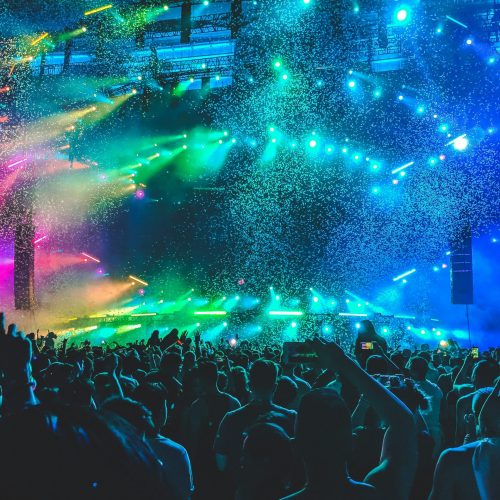
While social media is crucial for discovery, your email list is your most valuable asset. It’s an “owned” channel, providing a direct line to your most engaged fans, free from algorithmic changes. The primary goal of your social media should be to convert followers into email subscribers. Use compelling lead magnets—such as exclusive content, pre-sale access, or merchandise discounts—to incentivize signups on your website and at live events.
Avoid generic email blasts. Segment your list based on geography, purchase history, and—most importantly—genre preference. This allows you to send hyper-relevant content that resonates deeply, leading to higher open rates and conversions. Craft compelling subject lines that use personalization, urgency, and curiosity to stand out in a crowded inbox. By delivering targeted messages to the right people at the right time, you transform your email list from a simple contact database into a powerful revenue driver.
Amplifying Reach: Community and Collaboration
True organic growth happens when you extend your reach beyond your own channels. Harness the power of your audience by designing a User-Generated Content (UGC) campaign. Create visually striking, “share-worthy” on-site experiences like photo booths or art installations, and promote a unique event hashtag. When fans become your voluntary marketing team, their authentic posts provide powerful social proof that brand-created content cannot replicate.
Simultaneously, build strategic partnerships to tap into new, trusted audiences. This includes:
- Artists: Provide performers with a simple promotional kit to share with their dedicated fanbases.
- Influencers: Collaborate with local micro-influencers whose followers align with your target demographic in exchange for tickets.
- Local Businesses: Forge cross-promotional alliances with non-competing businesses like record stores, cafes, or breweries.
- Media: Cultivate relationships with local music bloggers and journalists by offering them exclusive access and unique story angles.
Table of Contents
The Foundation: A Resonant Brand and Deep Audience Insight
• Unique Value Proposition
• Audience Personas
• Brand World
The Digital Stage: A Multi-Platform Content Strategy
• Brand Identity
• Teaser Videos
• After Movie
Owning Your Audience: Direct-to-Fan Communication
• Lead Magnets
• Segmented Lists
Amplifying Reach: Community and Collaboration
• User-Generated Content (UGC)
• Strategic Partnerships
Dominating Local Discovery: A Local SEO Primer
FAQs
Dominating Local Discovery: A Local SEO Primer
NO MORE BORING TICKETS!
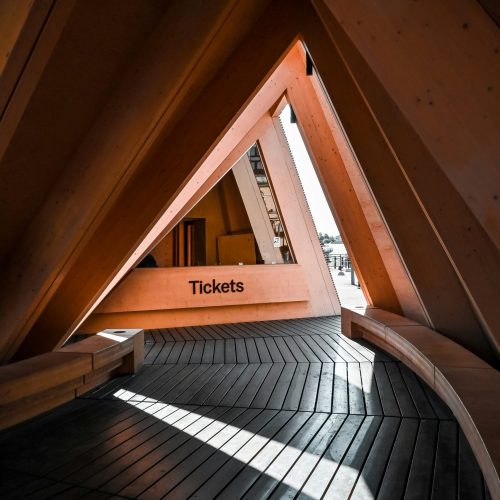
For any physical event, being discoverable in local search is non-negotiable. A potential attendee searching “concerts near me” has high purchase intent. To capture this traffic, master these three pillars of local SEO:
- Google Business Profile (GBP): Claim and fully optimize your venue’s GBP listing. This is the single most important factor for appearing in Google Maps and local search results. Ensure all information is accurate, upload high-quality photos, and actively manage and respond to all reviews.
- On-Page SEO: Optimize your event website by strategically using location-specific keywords (e.g., “indie rock festival in Austin”) in your page titles, headers, and descriptions. Implement “Event Schema” markup—a piece of code that helps Google understand your event’s details and display them directly in search results.
- Local Backlinks: Build your site’s authority by getting links from other reputable local websites. This can be achieved through media coverage, partnerships with local businesses, or listings on city event calendars.
Conclusion
Effective organic marketing is not a series of one-off tactics but a continuous cycle. The promotion for an event should begin months in advance, building from an initial announcement to a sustained period of content-driven nurturing, and culminating in a final, urgency-focused push. However, the work doesn’t end when the music stops. The post-event phase is critical. By collecting feedback, curating the best user-generated content, and producing a compelling aftermovie, you gather the essential assets and insights that fuel the marketing campaign for the next event. This transforms your marketing from a linear timeline into a powerful, self-sustaining flywheel, building momentum and community year after year.
FAQs
What is the real difference between organic and paid marketing for events?
Organic marketing focuses on attracting an audience naturally over time without paying for ad placement. It involves tactics like search engine optimization (SEO), social media engagement, and content creation (blogs, videos) to build a loyal community and establish trust. While it requires an investment of time and creativity, it can create sustainable, long-term traffic sources.
Paid marketing, in contrast, involves paying third-party platforms like Google or social media sites to place your event in front of a target audience. This approach can deliver faster, sometimes nearly immediate, results and is highly effective for driving specific actions like ticket sales. However, its impact typically lasts only as long as you continue to pay for the ads. A comprehensive strategy often uses both, with organic marketing building the foundational brand trust and paid marketing providing targeted boosts when needed.
What are the most effective ways to build an email list for my event?
Building a direct line of communication with your audience via an email list is crucial. Some of the most effective strategies include:
- Website Signup Forms: Place prominent and easy-to-use signup forms on your website’s homepage, footer, and as a non-intrusive pop-up.
- Offer an Incentive: Provide a compelling reason for people to subscribe by offering a “lead magnet.” This could be a discount code for tickets, early-bird access to sales, a free music download, or exclusive behind-the-scenes content.
- Use Social Media: Regularly post on your social channels promoting the exclusive benefits of joining your email list, and include a direct link to the signup page in your bio or posts. You can also use lead generation forms on platforms like Facebook.
- At-Event Collection: Use a simple “text-to-join” campaign where attendees can text a keyword to a specific number to instantly subscribe. QR codes at merch tables or on screens that link to a signup form are also effective.
- Run Contests or Giveaways: Host a giveaway for a prize like VIP tickets or a merch bundle, making email signup a mandatory entry requirement.
How can I make my artist spotlight posts more engaging on social media?
To create artist spotlights that capture attention and drive engagement, go beyond simple promotional announcements. A successful post should tell a story and feel authentic.
- Anatomy of a Great Post: An effective post includes a concise caption (around 150 characters), relevant emojis, a clear call-to-action (like asking a question to encourage comments), mentions of the artist and venue, and relevant hashtags.
- Go Behind the Scenes: Share content that fans can’t see anywhere else. This includes works-in-progress from the studio, rehearsal clips, venue setup time-lapses, or candid pre-show moments.
- Feature Fan-Captured Content: Encourage fans to tag you in their photos and videos from past shows and reshare the best ones (with permission and credit). This builds community and provides authentic social proof.
Encourage Dialogue: Actively engage with your audience by responding to comments and direct messages. Use interactive features like polls and Q&A stickers in your stories to make your followers feel involved.
I'm on a tight budget. What are the most effective low-cost promotion tactics?
Promoting a concert with little to no money is achievable by focusing on grassroots and digital efforts:
- Leverage Social Media: Create an official event page on Facebook and post consistently across all your platforms. Share engaging content like behind-the-scenes videos and run a ticket giveaway where participants must tag friends and share the post to enter.
- Physical Promotion: Distribute well-designed flyers and posters in high-traffic local spots like coffee shops, record stores, university campuses, and community bulletin boards.
- Build a Street Team: Recruit volunteers to help spread the word by handing out flyers and promotional materials in exchange for free tickets or merchandise.
- Engage Local Media: Reach out to local radio stations, music bloggers, and community newspapers. They are often interested in covering local events and may offer interviews or feature your show.
- Collaborate: Partner with the performing artists, the venue, and local businesses to cross-promote the event to each other’s audiences.
What are the first steps I should take to improve my event's local SEO?
Local Search Engine Optimization (SEO) is critical for helping nearby fans discover your event. The most important first steps are:
- Claim and Optimize Your Google Business Profile (GBP): This is the cornerstone of local SEO and is essential for appearing in Google Maps and local search results. Fill out every section completely, including your venue’s name, address, phone number, hours, and website.
- Focus on Photos and Reviews: Upload numerous high-quality photos of your venue and past events. Actively encourage attendees to leave reviews and make sure to respond professionally to every single one, both positive and negative.
- Use Local Keywords: On your event website, strategically include location-specific keywords in the most important places, such as the page title, main header (H1), and meta description. For example, instead of “Music Festival,” use “Indie Rock Festival in Austin 2025.”
- Ensure Consistency: Your venue’s name, address, and phone number (NAP) must be exactly the same across your GBP, website, and any other online directories like Yelp or Songkick.
How do I create a successful User-Generated Content (UGC) campaign?
A successful UGC campaign turns your attendees into a powerful, voluntary marketing team. The strategy involves four key steps:
- Define Your Goal: First, determine your primary objective. Are you trying to increase brand awareness, generate leads, or gather authentic content for future marketing?
- Design Share-Worthy Experiences: The foundation of UGC is creating moments that people feel compelled to capture and share. This can include unique art installations, branded photo booths, or visually striking stage designs.
- Provide a Clear Call-to-Action: Make it easy for attendees to participate. Promote a short, unique, and memorable event hashtag on screens, posters, and all marketing materials.
- Incentivize and Reward: Encourage participation by running a contest, offering to feature the best posts on a big screen, or awarding a prize (like tickets to the next event) for the best photo or video that uses the official hashtag. Always ask for permission before reposting content and give proper credit to the creator.
What's the best way to approach local businesses for partnerships?
Strategic partnerships can multiply your reach by tapping into an established, relevant audience.
- Identify the Right Partners: Look for businesses that share your target audience but are not direct competitors. Good examples for a music event include local record stores, breweries, coffee shops, boutiques, or restaurants.
- Do Your Research: Before reaching out, understand the business’s mission, values, and customer base to ensure alignment with your event’s brand.
- Create a “Win-Win” Proposal: When you make contact, clearly explain the mutual benefits of the partnership. Frame the proposal in terms of how it helps them, such as exposure to your audience.
- Make a Specific Ask: Propose concrete cross-promotional activities. For example, you could offer to feature their logo on your materials in exchange for them displaying your posters, or provide an exclusive ticket discount code for their customers in return for a mention in their newsletter.
- Put It in Writing: Once you agree on terms, create a simple contract or written agreement. This helps avoid misunderstandings and ensures both parties are clear on their responsibilities.
Any tips for conducting a compelling artist interview for my blog or social media?
A great artist interview provides unique, valuable content for your audience and strengthens your event’s credibility.
- Do Thorough Research: Before the interview, research the artist’s background, work, and previous interviews. This will help you avoid asking generic questions and find a unique angle for your conversation.
- Define the Purpose: Understand what your audience wants to learn from the interview. The goal is to draw out the artist’s unique expertise and insights.
- Prepare Incisive Questions: Based on your research, craft interesting and incisive questions that go beyond the surface level.
- Keep Your Pitch Short and Compelling: When reaching out to the artist or their team, make your request brief and powerful. Explain in two or three sentences why they are a good fit and how the interview will benefit them.
- Repurpose the Content: After the interview is complete, maximize its value by editing it into different formats. You can create short video clips for social media, pull quotes for graphics, and write a full-length blog post from the transcript.

